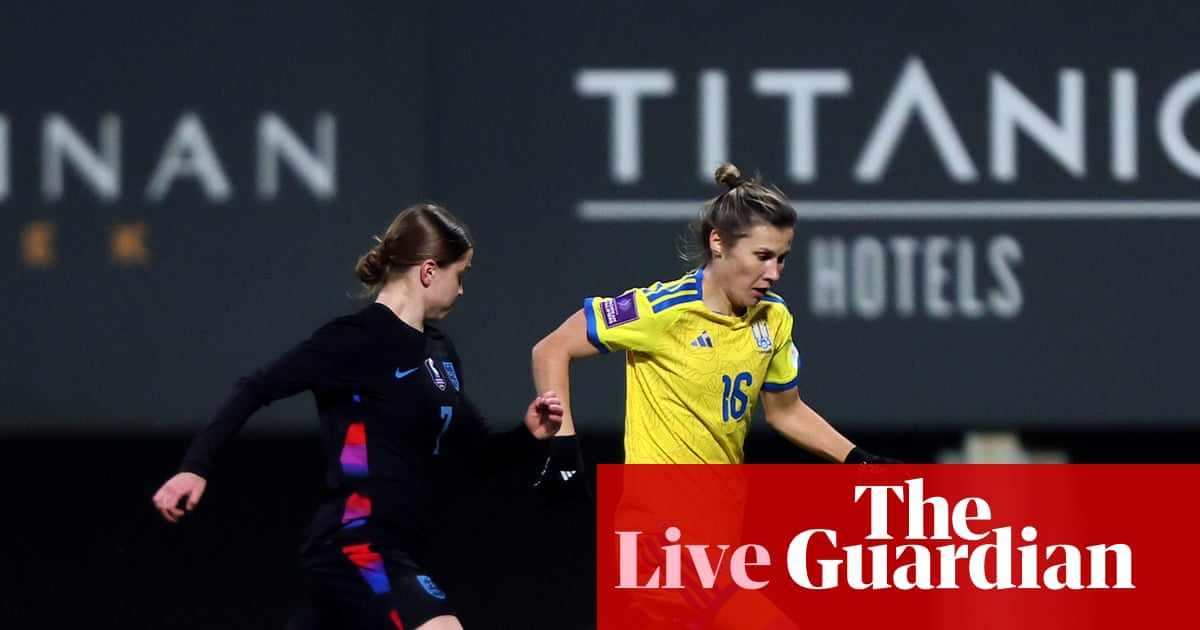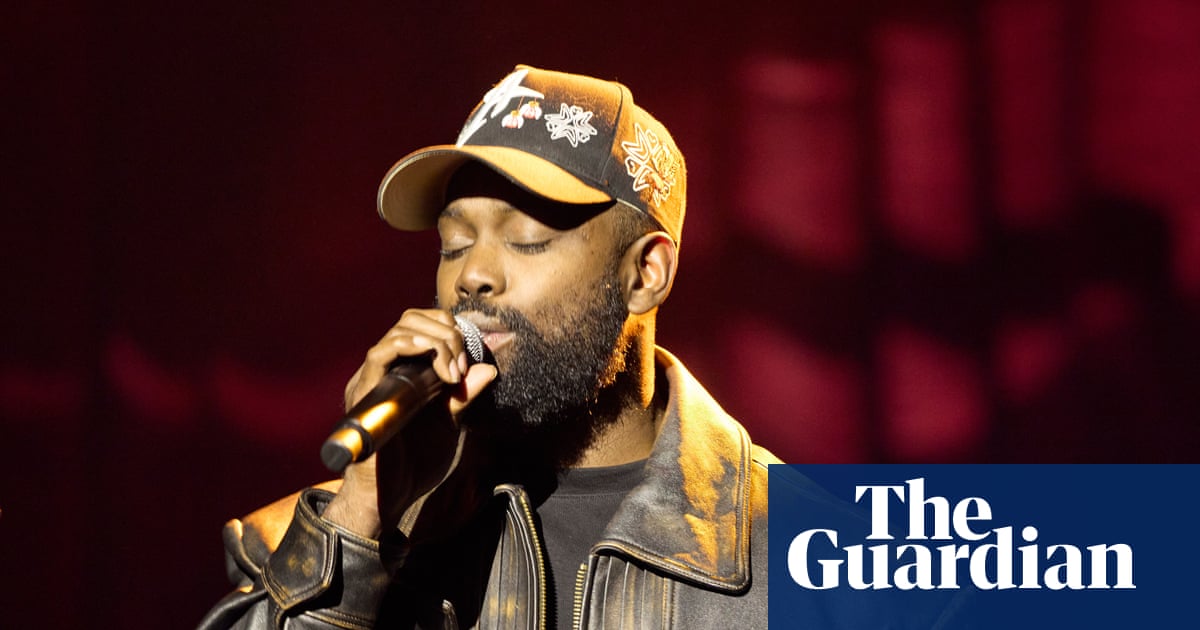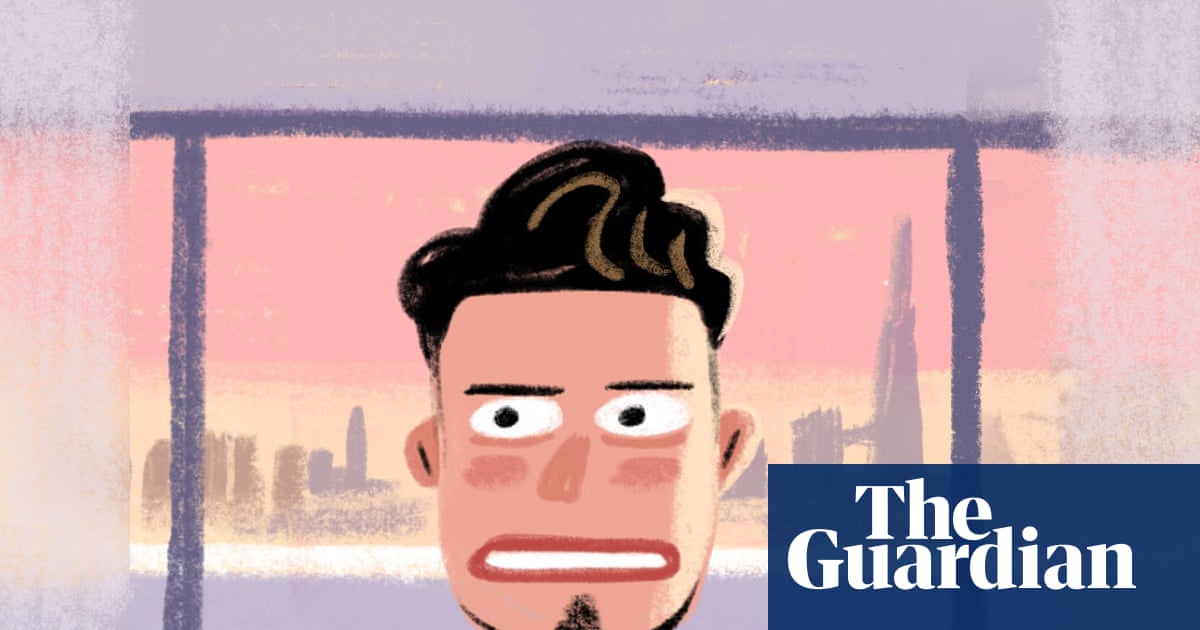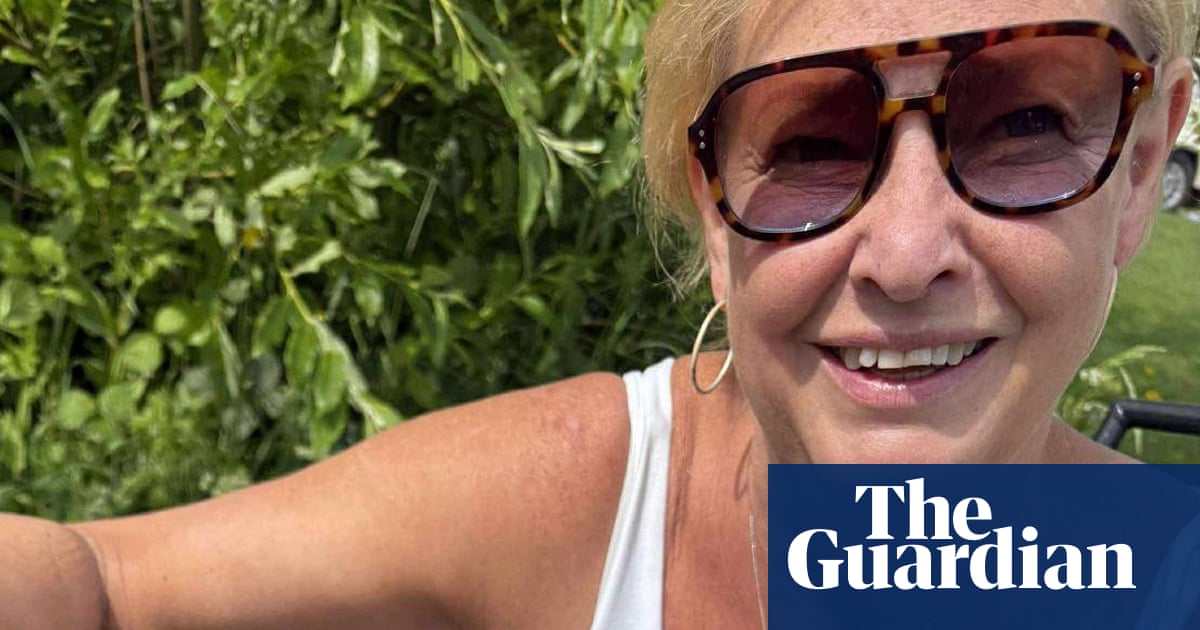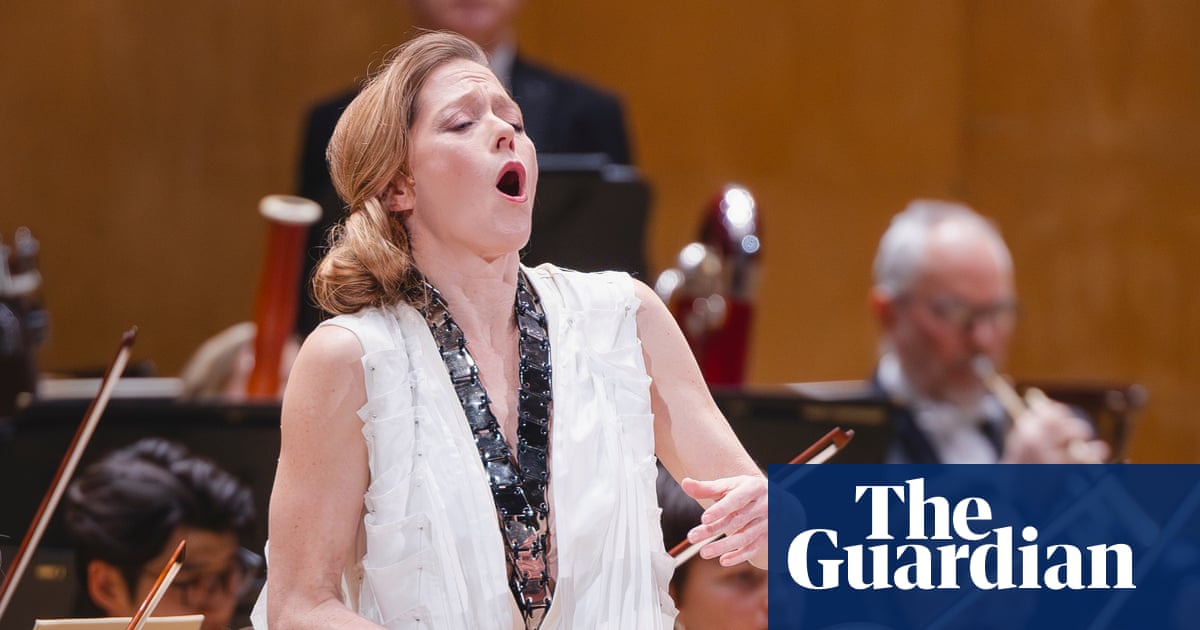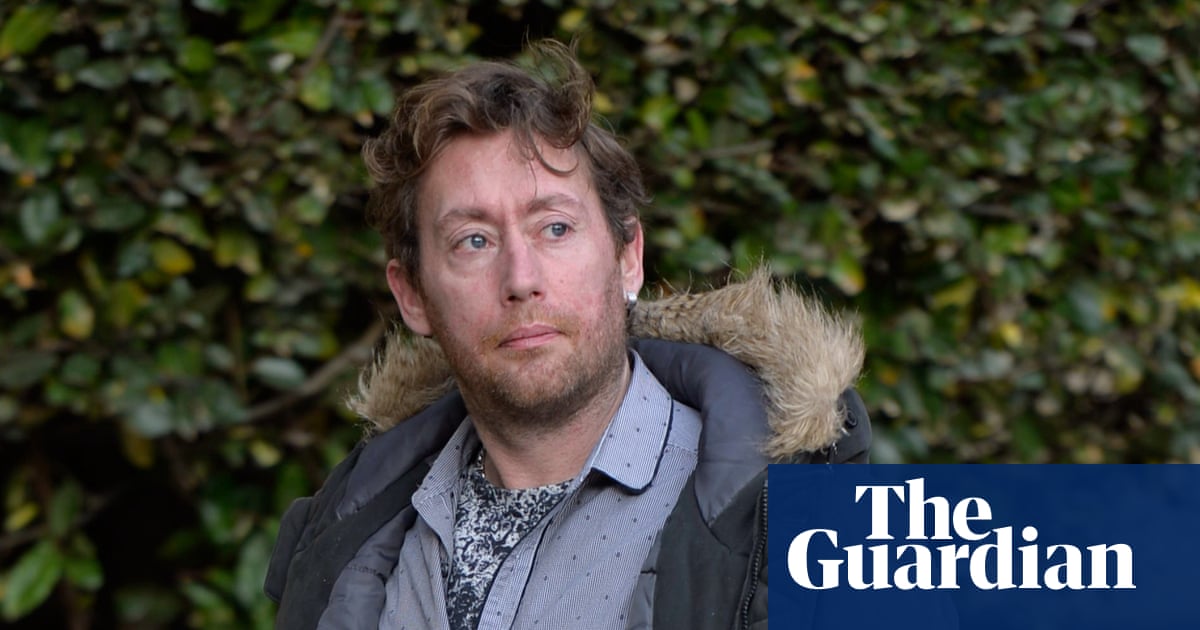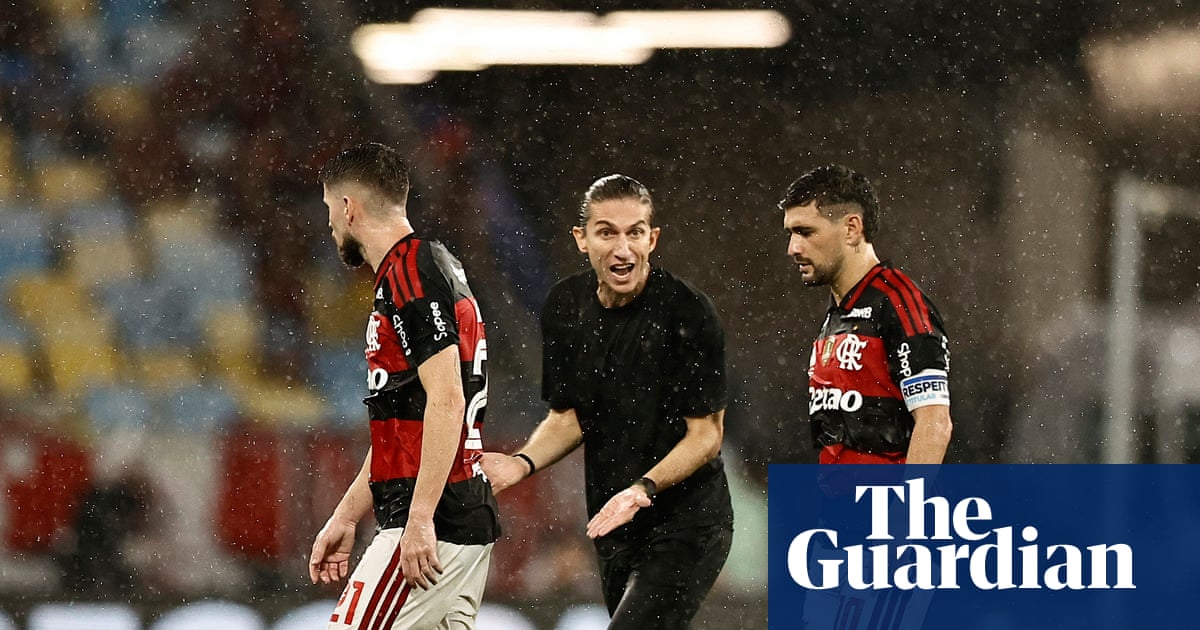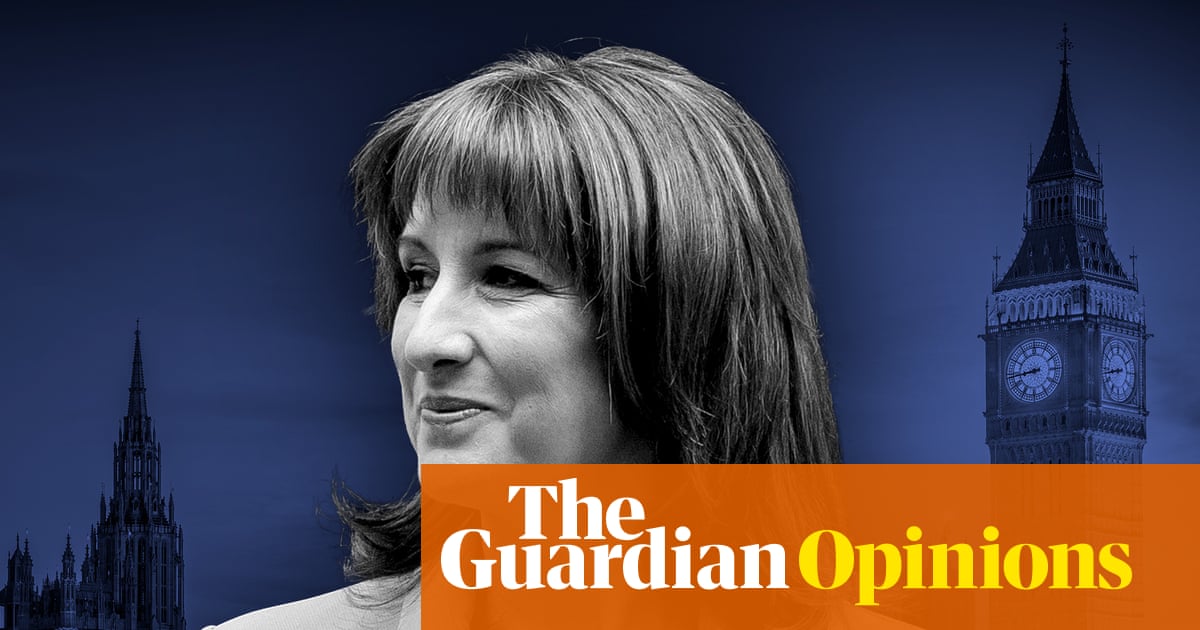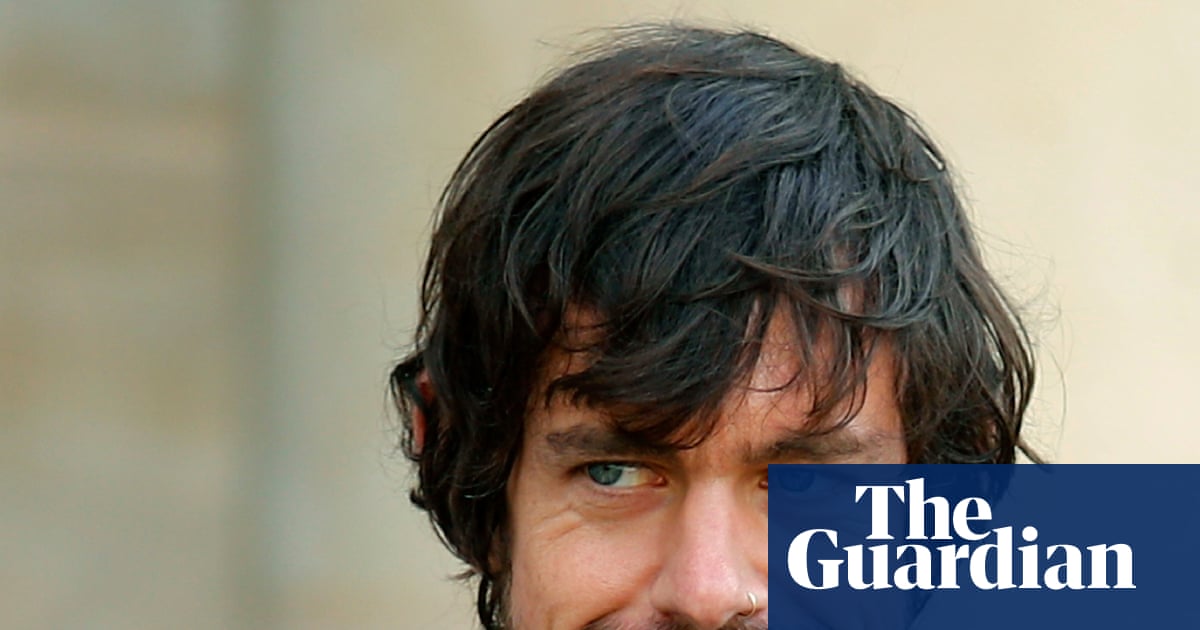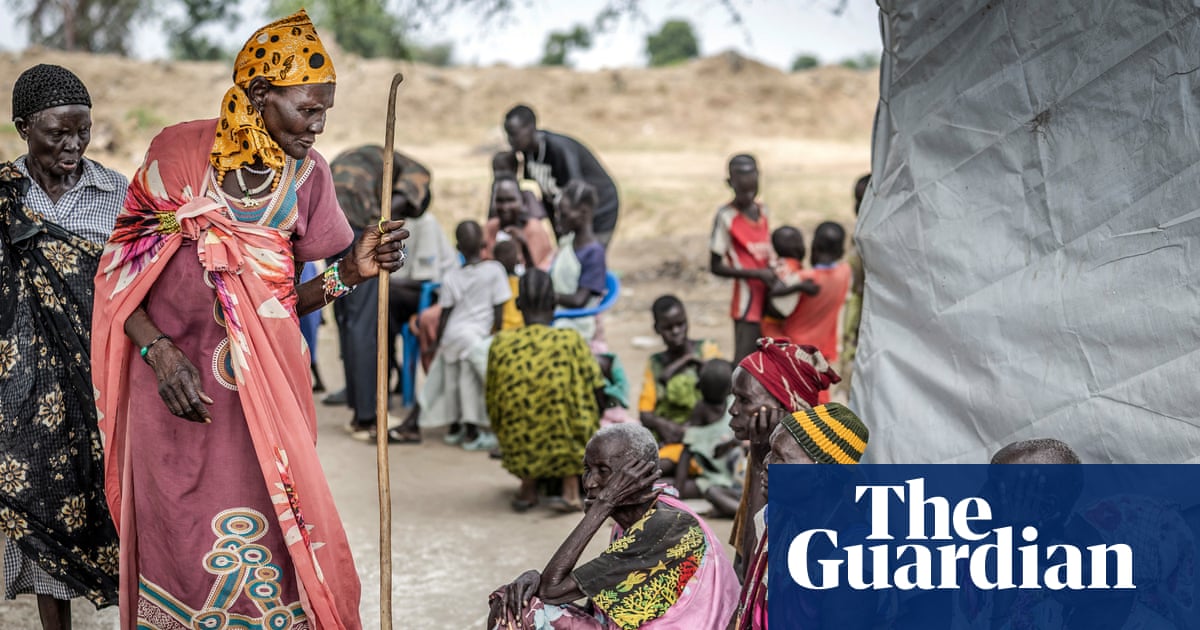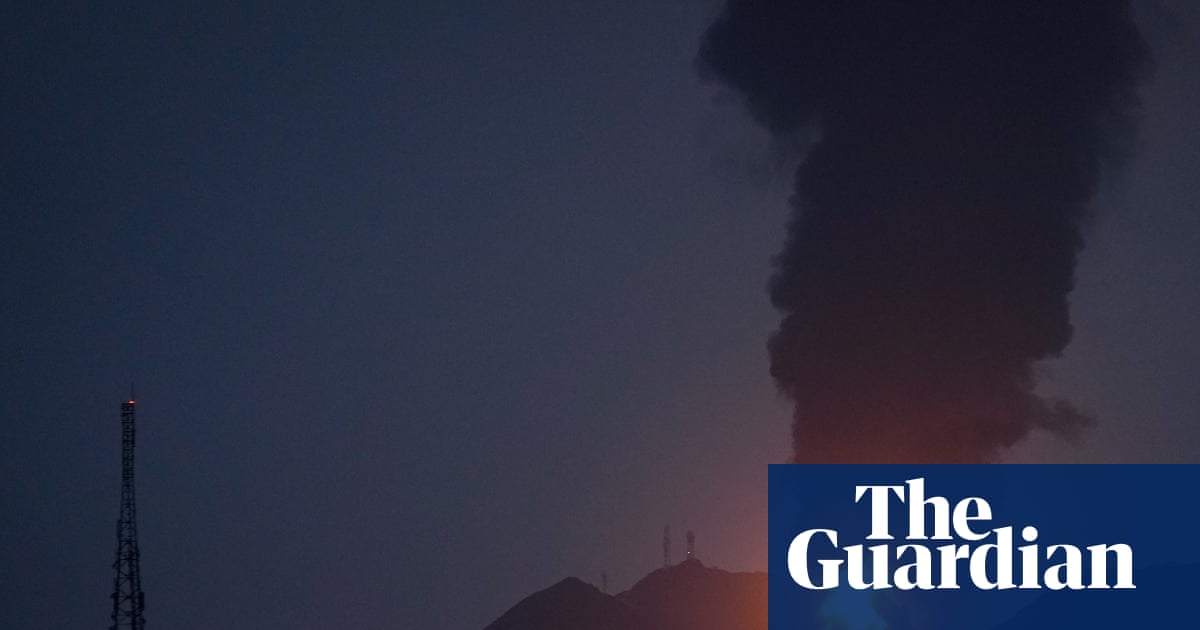Famke Janssen is dressed for her photoshoot at the Covent Garden hotel exactly as her character, Betty, would dress in the new Netflix crime drama Amsterdam Empire – lacy and floral but tailored and mini, with long school socks. Is the look sexy in a sardonic way, or irony expressed through fashion? We spend a lot of time, one way or another, talking about objectification, the beauty myths of the patriarchy, the collateral damage of the self – sexism, basically. Janssen has been in more than 60 films across a 30-year career, and before that, she was a model. There’s a lot to talk about.
So it hardly seems the time to mention how smoking she looks; her face as flawless and cheekboney at 60 as it was nearly 30 years ago, in the 1995 James Bond film GoldenEye. It’s almost unnerving – if she were a man, I would mention it without hesitation. She puts it down to clean living: “I get judged very quickly, that I must have had work, which I haven’t. We shame women into it, and then we shame women when they do it. I support everyone’s decision to do whatever they want, it’s just not my cup of tea.”
Amsterdam Empire is the first production she has ever made in her home country, the Netherlands, and the first time she has acted in Dutch. Roles have come up in the past, not least because she has two sisters in the business – Marjolein Beumer, an actor, and Antoinette Beumer, a director – but nothing was quite right. “Then Netflix came to me with this pitch – it’s The War of the Roses [the 1989 film rather than the historical to-do] meets The Sopranos,” she says. OK, yes and no: that’s definitely the story – Jack, played by Jacob Derwig, is the kingpin of a cannabis empire that is legal on the surface but not beneath. He kicks off the series by walking out on Betty, a show-stopping beauty and one-hit-wonder pop star of yore, who will absolutely not go down without a fight.
It’s a new era for Netflix: if they make a show in a different territory, it’s authentic to that place. Amsterdam Empire feels very original, without template. The dialogue is exhilaratingly blunt. It’s raunchy but so frank and un-euphemised that, even while watching the divorce play out in a strip club, on a bucking bronco in the shape of a giant penis, you’re not remotely reminded of sex.
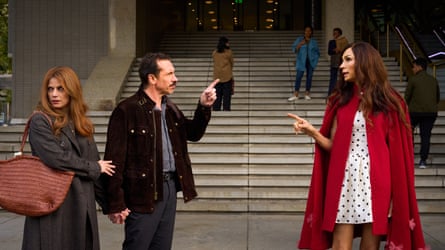
But the beating heart is the subtle shift of allegiance – Betty enters the show as an eccentric who has been cast aside, while Jack’s the romantic hero with a new love interest. She’s the one who steadily, and completely, wins the room. “We know nothing about Betty,” Janssen says; “we know everything about Jack. So I said, ‘It’s not a fair fight.’ The fact that Betty doesn’t have a child, she doesn’t have a family member. She doesn’t have a friend. She has a dog that she has to steal, and she has her husband. When I read that character, I thought: ‘OK, I will do what I can to make this well-rounded. If I don’t get it on the page, I’m going to put it in my acting.” In many ways, it’s the job she was born to do – “I’ve made a career out of playing women who are underwritten.”
Janssen was born in Amstelveen, near Amsterdam, into a hardscrabble existence that she describes quite elliptically but doesn’t gloss. “From a young age, we were left to fend for ourselves,” she says. “There were a lot of things going on, there was drama. I realised, if I don’t look after myself, this isn’t going to end well.” She was considered the intellectual one of the three sisters, so wasn’t encouraged to do anything creative, and ended up studying economics, “because I had a science teacher, who said to the class, to everyone, ‘Oh, girls don’t understand science.’ A whole few years of my life were derailed, just to prove this man wrong.”
She started work young, taking any job she could find – delivering newspapers, working in bars, in shops, “anything to earn my own money, to have my own freedom”. She left home at 17, to become a model, and “it was only leaving the Netherlands, coming to the US, that I learned to dream, learned to create what I wanted to create. It was a whole different culture, where I had permission.”
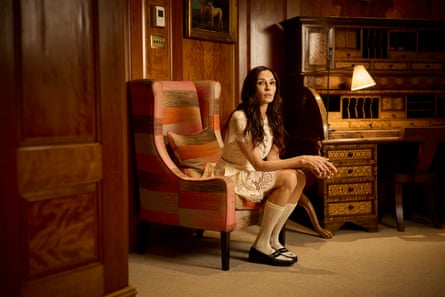
When you look at pictures of those modelling days – there’s a swimwear shoot with Janssen and Elle Macpherson that is so quintessentially 80s it’s like time-travelling – there is something culturally contradictory about them. The look was incredibly strong. This was before “heroin chic” and waifery; the archetype was physically robust, yet at the same time, there seemed to be an unspoken rule of, “Please, nobody ask these women to say anything, they’re better when you just look at them.”
“For me,” she says, “that’s been the biggest challenge, because I’m so strong. I look strong, I am strong. I come from a background of strong women. I’m not going to play some idiot in front of a male producer or director to get what I want. But I feel that might be the way some people would go about it – because otherwise, if you go in too hard there, you know you’re being labelled at every turn, and you don’t get anything.”
Janssen needed to put clear blue water between the modelling and her acting ambitions, and went to Columbia University in New York to study creative writing and literature, with film studies as a minor. She didn’t get her first acting role until she was 28, and then GoldenEye came along in 1995, when she was 30. Xenia Onatopp was, perhaps, not an obvious choice of role. “I was very aware,” she says, “of the pitfalls of being a model-turned-actor-turned-Bond girl. I thought ‘Bond girl’ was such a demeaning term. But I thought: ‘I have nothing to lose; if I do this, I’m going to go all the way.’ So I came up with a lot of the things that are now in the film, because I wanted to make a memorable character, not play her the way she was written.”
Onatopp has been so deeply analysed, not just as a moment of Bond girl resurgence in the franchise – a move away from interchangeable damsels towards women who could crush you with their thighs, and whose only distress would be if they laddered their tights – but also for what, if any, statement it made about feminism as dominance, sadism as a baton passing from the male to the female. It got a bit heated, put it that way. Surely Onatopp was always written as a woman who gets off on thigh-crushing men to death?
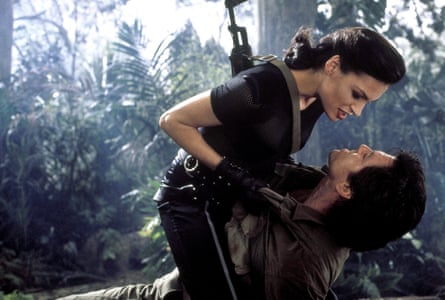
“I brought a lot that was not on the page,” says Janssen. “Things like the way she’s so orgasmic. I grew up on Bond movies, because my dad used to like them, and so I always thought of them as comedies, as tongue-in-cheek. I thought: ‘Let me make this character unforgettable.’ I went for broke. It easily could have failed. I don’t know where I got the confidence.”
It was a success, no question – but the knock-on effect was that “after that, the offers that were coming in were any woman with a gun, standing around. Between my name, Famke Janssen, and having played a Russian, Xenia Onatopp, they didn’t know what to do with me except make me a foreigner who was bad.”
It wasn’t what she wanted, and she fought instead to get a part that genuinely wasn’t very large, in the 1997 neo-noir City of Industry, starring Harvey Keitel. “It’s an American woman. She works in a supermarket. She has no money. She lives in this shitty little house. It took a lot to get that part, because Harvey initially just saw this glamorous person, with my background – well-travelled, whatever. He didn’t see me, he saw this.” She gestures at herself, and of course I know what she means – star-power personified. “And I thought: ‘But that’s not my background.’ I came to the audition dressed like a checkout girl, thinking: don’t judge a book by its cover, let me go for this, it’s interesting.”
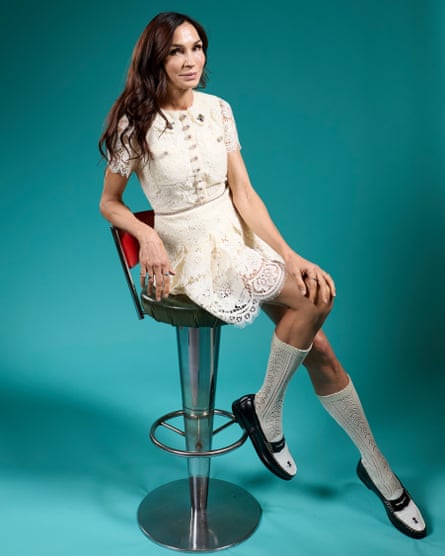
From there, she went on to small-to-middling parts in left-field or breakout movies, not always (but very often) with sterling directors, Robert Altman (in 1998’s The Gingerbread Man) and Woody Allen (in Celebrity, the same year) among them. “I wanted to use this moment that I had after GoldenEye to go against type, make less money, not become famous. Just become known as someone who showed up and could do different things, play different characters.”
She’s very complimentary about Allen, which feels like a blast from the past, as nobody talks about him now except in conjunction with the allegations that surround him (which he has always denied). Indeed, at 89, he has been recently adopted by the Maga right in the US as a kind of mascot for not caring what the wokerati think.
“I thought, having watched so many Woody Allen movies, that he would tell people to act a certain way, because most of his leading actors become a version of Woody Allen,” she says. “But it doesn’t work like that at all. He says very little. He lets people do what they want to do. And if he doesn’t like it, he just fires them and replaces them with someone else. We always had this feeling that we might be next.” It sounds kind of Stalinist. “He’s not a tyrant. Soon-Yi seemed like she was wearing the pants.” (Soon-Yi was, of course, the adopted daughter of Mia Farrow; Allen had been in a relationship with Farrow for 12 years, until he left her for Soon-Yi in 1992.)
There’s a lot in here – there were allegations that Allen sexually assaulted his daughter, Dylan, but charges were never brought after two investigations cleared him, plus counter-allegations that Farrow was abusive, which Farrow says “were completely made up”. The whole situation with Soon-Yi was widely considered so icky by the late 90s (she was 21 when they got together, he in his mid-50s) that it was safer just to back away from the whole situation and never mention Allen again. Which is all relevant to Janssen in so far as she genuinely doesn’t care how things sound – she just says what she sees.
“Obviously, in the late 80s as a model, the 90s as an actor, I’ve seen things. I’ve seen people enable things. Harvey Weinstein would never have gone on for as long as he did without the people around him.” She made movies with Weinstein but was never harassed by him. “I think people would never dare, with me.” What, because you’re tall? “I’m tall, I’m outspoken, I don’t fall for that type of behaviour. I’m not blaming any victims in this situation, but yes, I was unscathed in those areas.”
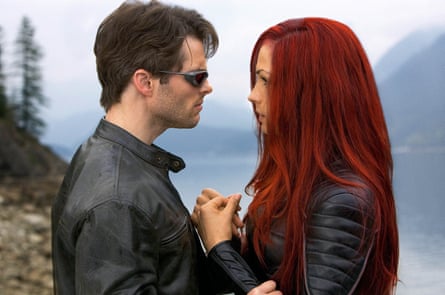
Of course, you don’t actually have to have been sexually assaulted to have been diminished by the sexist standards of this era. Janssen made two films with Jon Favreau, Love and Sex (2000) and Made (2001); when he gaily said in an interview about her that, “It’s very rare to see someone who’s beautiful and funny,” it was accepted that was just the kind of thing cool guys said. “Look at the 1920s, the 30s,” Janssen says, a bit resignedly. “All those beautiful women in screwball comedies were geniuses. People are just largely not aware of the sexism that’s prevailing in our lives. We take things for granted, when we shouldn’t.”
In 2000 came the role of Dr Jean Grey in X-Men, which would go on for years, though later only as a cameo. “Until X-Men, everything [in superhero films], from production design to costume design to the performances, had been very glossy and unrealistic. And X-Men changed that. I’m actually excited that I was part of it, and it gave me all this work.
“In the end, it’s a business,” she continues. “It’s not that I wouldn’t love to dabble in only my favourite projects with my favourite directors and actors, but it doesn’t work like that. Unless I have some type of relevance, which I think I’ve pushed to the limit by remaining out of the press for as long as I have, I won’t get work.”
She stays off social media because she finds it a bit unseemly: “I certainly was not going to do what a lot of the rest of the world and a lot of women seem to be doing, which is photographing themselves half naked on Instagram, screaming for attention. It’s just not who I am.” She thinks, maybe rightly, that she’d be in hotter demand if she had more of a profile. But, as a counterpoint, I think if we’d known these past 30 years how straight-talking she was, we’d have been bugging her for an answer to everything.

 3 months ago
100
3 months ago
100
